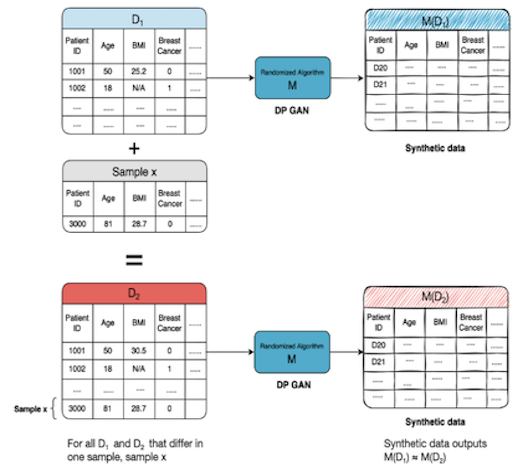Research Areas from the Laboratory of AI for Digital Health | Engineering Science Department | University of Oxford
Research

Representation Learning for Medical Time-Series
We develop models that learn robust, informative representations of longitudinal health data. Using graph neural networks, transformers, few-shot, and multimodal learning, we capture temporal and relational patterns in patient records, wearable signals, and clinical notes.

Foundation and Generative Models for Digital Health
We build scalable foundation models and generative models to simulate patient trajectories and create digital twins. We also develop methods for cross-modality learning and adaptation in large models. These models support forecasting, imputation, and personalised medicine across a range of digital health applications.

Phenotyping and Disease Subtyping
We use unsupervised learning and time-series clustering to discover hidden disease subtypes and patient cohorts. This enables precise diagnostics, risk stratification, and targeted treatment in complex and heterogeneous conditions.

Treatment Effect Modelling and Treatment Recommendation
We design machine learning and reinforcement learning models to estimate treatment effects and recommend personalised interventions. By modelling longitudinal outcomes and counterfactuals, we enable adaptive, evidence-based care strategies.

Explainable and Trustworthy AI for Digital Health
We focus on interpretability, fairness, and reliability to build AI tools that clinicians and patients can trust. Our work includes explainable modelling, uncertainty quantification, and ethical AI design for safe deployment in real-world healthcare.

Robust AI for Real-World Digital Health
We create AI systems that are practical and resilient in real-world clinical settings, including mobile and resource-constrained environments. Our research emphasises lightweight models, few-shot learning, and seamless integration into digital health platforms.

